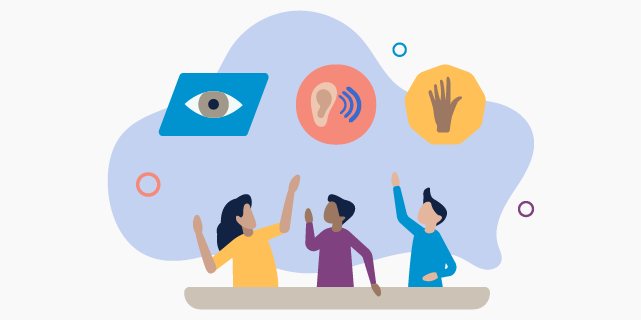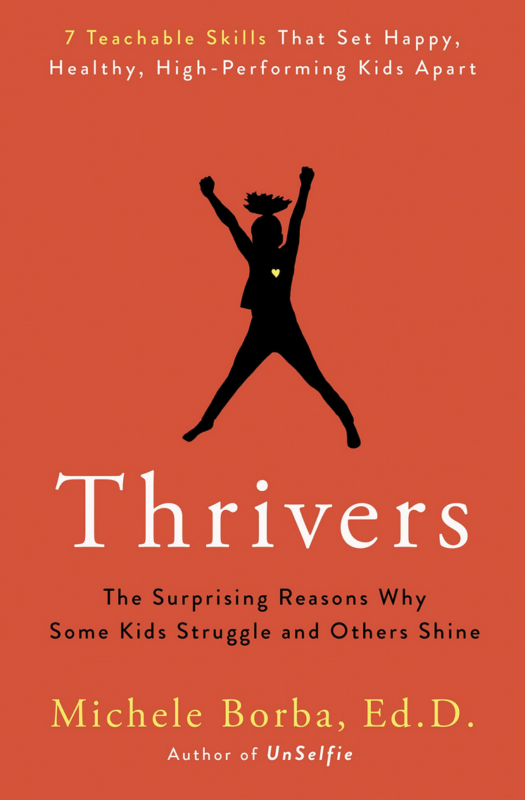
When you hear a sound, how do you respond? You might choose to ignore it or investigate its source. This process of using our senses to interpret a situation and respond in a purposeful way is called sensory integration. When Read more >>
Request an Appointment
English: 650.688.3625
Medi-Cal: 650.688.3650

When you hear a sound, how do you respond? You might choose to ignore it or investigate its source. This process of using our senses to interpret a situation and respond in a purposeful way is called sensory integration. When Read more >>

Nine Tips for Talking With Kids About Trauma
As much as we might want to, we can’t always protect children from witnessing violence and tragedy in the world, whether it’s mass shootings, terrorist attacks, or war. As parents, teachers, and other supportive adults, what we can do is Read more >>

What Is Sensory Processing Disorder?
It’s not uncommon to feel overwhelmed by competing conversations or flashing lights, but for children and adults with Sensory Processing Disorder, these sensations disrupt and overwhelm everyday life. Read more >>

Understanding Sensory Integration
Sensory integration is an essential part of your development — it helps define everything from the way you see and hear things in the world, to the way that your body exists in space and more. Yet, research suggests that Read more >>

Handle With Care: Supporting Young People During Crises
The entire community is responsible for protecting and supporting children, especially in times of crisis. In empathizing with families, educators and community members who must respond to the needs of children as a traumatizing event unfolds, Learning for Justice gathered Read more >>

Thrivers: The Surprising Reasons Why Some Kids Struggle and Others Shine
We think we have to push our kids to do more, achieve more, be more. But we’re modeling the wrong traits—like rule-following and caution—and research shows it’s not working. This kind of “Striver” mindset isn’t just making kids unhappier, says Read more >>

10 Things to Know About How Social Media Affects Teens’ Brains
Mitch Prinstein, the chief science officer at the American Psychological Association (APA), spoke to the Senate Judiciary Committee about how social media platforms may impact youth development. NPR distilled it down to 10 useful takeaways. Read more >>

Tips to Maintain Your Mental Health While Using Social Media
You are growing up in a world where social media has always been a part of connecting with others, especially friends and classmates. Social media has made it possible to stay connected to other people from almost anywhere and at Read more >>

Gentle parenting is about recognizing your child as an individual and responding to their needs. The tools of gentle parenting are connection, communication, and consistency. Read more >>

In our interactions with our children, each of us has the choice to respond in ways that either strengthen or weaken our relationships with them. Read more >>
English: 650.326.5530 | Español: 650.688.3650 | Fax: 650.688.3669
English: 650.326.5530
Español: 650.688.3650
Fax: 650.688.3669
Get Help: 650.688.3625 | Medi-Cal: 650.688.3650 | careteam@stage.chconline.org
English: 650.668.3625
Español: 650.688.3650
careteam@stage.chconline.org
© 2024 Children’s Health Council. All rights reserved.
CHC Palo Alto: 650 Clark Way, Palo Alto, CA 94304 | 650.326.5530
CHC South Bay: 2280 Kenwood Avenue, San Jose, CA 95128 | 408.831.7512
CHC Ravenswood: 1765 E Bayshore Rd, East Palo Alto, CA 94303 | 650.702.2487
CHC Palo Alto:
650 Clark Way, Palo Alto, CA 94304
650.326.5530
CHC South Bay:
2280 Kenwood Avenue, San Jose, CA 95128
408.831.7512
CHC Ravenswood:
1765 E Bayshore Rd, East Palo Alto, CA 94303
650.702.2487